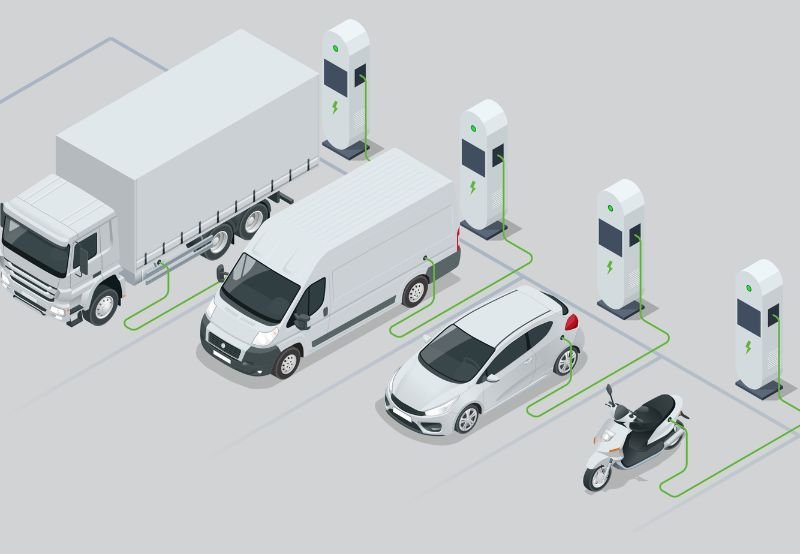With a supportive legislative environment, production-related incentives, increased investment, and piqued consumer interest, India is moving closer to becoming a major global hub for the manufacture of electric vehicles. The number of greenhouse gases in our atmosphere can be decreased by using electric vehicles (EVs), which are among the most environmentally friendly forms of transportation.
Similar to the worldwide trend, EV adoption is increasing in India as well. To further promote EVs’ wider adoption, the Indian government is paying particular attention to supporting domestic EV manufacture. In reality, the government is working to produce 100% of EVs in India as part of the ‘Make in India’ effort.
Contents
Present electric vehicle situation
India’s electric vehicle (EV) market is still in its infancy, despite a recent acceleration in adoption rates. People are converting to EVs at a faster rate, particularly in the 2-wheeler category. Experts estimate that by the end of 2030, there will be 17 million electric vehicles marketed in India, up from the 1 million that were sold in 2022. Furthermore, forecasts indicate that by 2040, 80% of all new cars sold in the nation will be electric. Additionally, it is anticipated that the Indian government’s goal of electrifying 30% of total transportation by 2030 will drive EV sales in the nation.
Fostering homegrown manufacturing
A number of programmes introduced by policymakers on a daily basis make it clear that the Indian government wants to turn the nation into a hub for EV manufacturing. The most notable effort is the 2015-launched Faster Adoption and Manufacturing of Hybrid and Electric Vehicles in India (FAME) programme. In order to support the growth of the entire EV ecosystem, significant incentives are provided to both EV makers and buyers under the initiative’s second phase, which was implemented in 2019. The programme has been extended through 2024 and has a $1.3 billion budget in total. We are hopeful that the government will once more include e-rickshaws in the FAME-3 Schemes because, out of all EVs, they require the biggest subsidy.

Aiding the Production of Components
Incentives are being provided for businesses producing EV components in the nation in addition to boosting the development of EVs. Production of EV parts including electric motors, Li-ion Batteries, and chargers, among others, is currently proving to be greatly aided by the implementation of the production-linked incentive (PLI) programme, which was introduced in March 2021. The PLI was introduced with the intention of luring investment worth up to $2.4Bn and is currently helping to generate job opportunities across various EV verticals.
Concentrate on Infrastructure for Charging
The lack of a charging infrastructure is one of the main barriers preventing the mass adoption of EVs in India. There were 5245 public charging stations in India as of January 2023, which was enough to meet the demand of the nation’s 20.65 lakh EVs. With an EV-to-charger ratio of 393 and a global average of 6-20, it goes without saying that India needs to invest heavily in its charging infrastructure. The Department of Heavy Industries (DHI) has already begun approving the plans for installing public charging points across the country after the government announced the installation of 69,000 charging stations.
GST Exemptions and Tax Exemptions
Along with the incentives provided by the federal and provincial governments, the GST on electric vehicles has been lowered from a higher tax band of 12% to 5%. Similar to this, the GST rate for chargers and charging stations has been lowered from 18% to 5%. To encourage the cost-effective use of EVs as aftermarket vehicles, the government could also decrease the GST on batteries to 5%. To lower the cost of EVs, many state governments are now offering full road tax exemptions.
Numerous Indian and international companies are making significant investments in the domestic production of EVs in India in response to the government of India’s supportive and encouraging policy framework. The good news is that India is seeing investment along the whole value chain of EVs, ensuring that the nation will become a centre for EV production in the years to come. The Indian government’s objective of producing entirely electric vehicles domestically is quite ambitious, but with the support it is receiving from all sides, it is very much within reach of the benchmarks moving forward.


